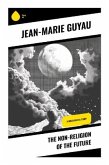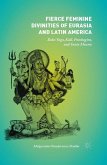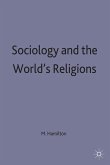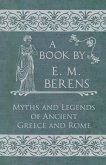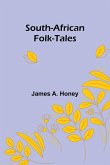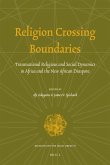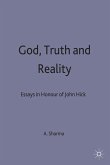Andrew Lang was one of the leading lights in the study of unexplained phenomena. In this collection of essays, he takes a look at the state of the study of early religion, ritual, magic, and myth. He begins by looking at science and superstition, and the dangers of allowing belief unsupported by fact to seep into science. He then discusses the origin or religion, and "loan gods," or borrowed religion, a theory advanced by E.B. Tylor. Lang then moves on to look at William Frazer's theory of the origin of the divine character of Christ. In addition, Lang discusses other topics related to early religious beliefs, including taboos and walking through fire. ANDREW LANG was born in Selkirk, Scotland, in 1844 and became an expert on a variety of topics. He translated The Odyssey and The Iliad; wrote a number of histories of Scotland; explored mythology, religion, and folklore in his writings; and authored novels, poetry, literary criticisms, and children's books. He was one of the founders of the study of Psychical Research, the scientific investigation of unexplained phenomena.
Hinweis: Dieser Artikel kann nur an eine deutsche Lieferadresse ausgeliefert werden.
Hinweis: Dieser Artikel kann nur an eine deutsche Lieferadresse ausgeliefert werden.

